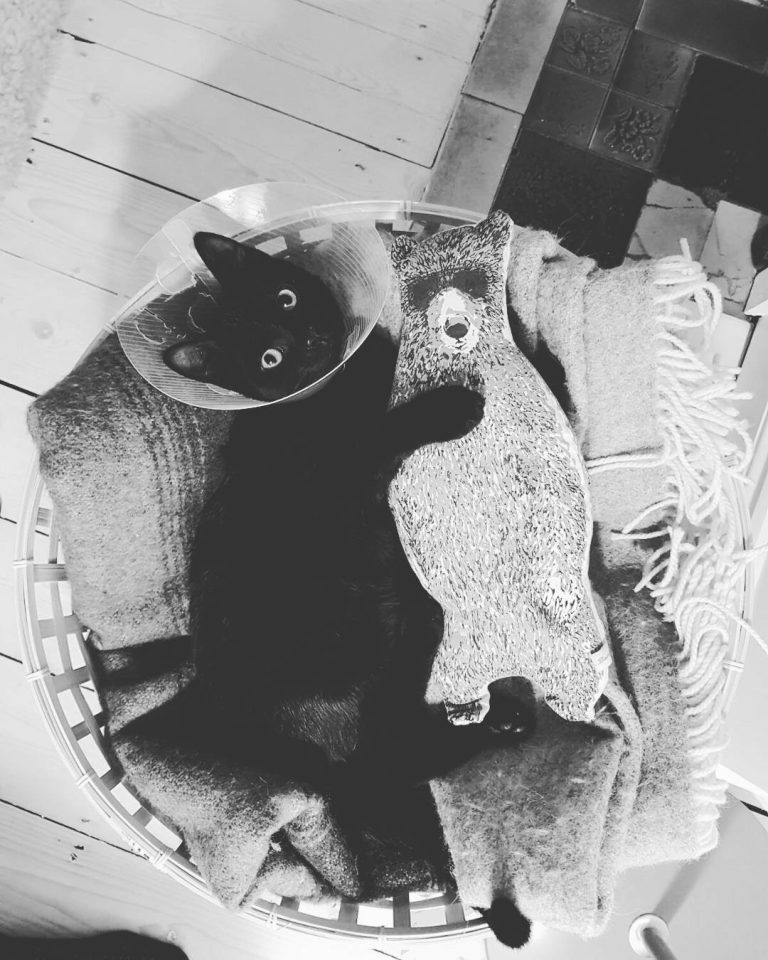Why Regular Vet Visits Are Key for Your Pet
As a pet owner, you want the best for your furry companion. From providing a balanced diet to ensuring they get plenty of exercise, every aspect of their well-being is a priority. However, one critical component of pet care that is sometimes overlooked is the importance of regular veterinary visits. These check-ups are vital for your pet’s health, helping to prevent issues before they become serious and ensuring your pet leads a long, healthy life.
Early Detection of Health Issues
One of the most significant benefits of regular vet visits is the early detection of potential health problems. Pets, much like humans, can develop a range of health issues as they age, including heart disease, diabetes, and arthritis. Unfortunately, many of these conditions may not present obvious symptoms until they are advanced, making treatment more challenging.
During a routine check-up, your veterinarian can perform a thorough examination, often catching subtle signs of illness that you might miss at home. Early detection means that conditions can be treated or managed more effectively, potentially extending your pet’s life and improving their quality of life.
Preventative Care
Preventative care is a cornerstone of regular vet visits. Vaccinations, flea and tick prevention, and dental care are all essential components of keeping your pet healthy. By staying on top of these preventative measures, you can avoid many common ailments that can be painful and costly to treat.
Vaccinations protect your pet from a variety of serious diseases, some of which can be life-threatening. Regular vet visits ensure that your pet’s vaccinations are up to date, providing them with the best possible defense against these illnesses. Additionally, your vet can recommend flea, tick, and heartworm preventatives based on your pet’s specific needs, further protecting them from parasites and the diseases they carry.
Dental Health
Dental health is an often overlooked aspect of pet care, yet it plays a crucial role in your pet’s overall well-being. Poor dental hygiene can lead to a host of problems, including gum disease, tooth loss, and even infections that can spread to other parts of the body.
During a regular vet visit, your veterinarian will examine your pet’s teeth and gums, checking for signs of dental disease. They may recommend a professional cleaning or provide advice on how to maintain your pet’s dental health at home. Regular dental care can prevent painful conditions and help your pet maintain a healthy mouth throughout their life.
Maintaining a Healthy Weight
Obesity is a common issue among pets, and it can lead to a variety of health problems, including diabetes, joint issues, and heart disease. Regular vet visits include weight checks and discussions about your pet’s diet and exercise routine. If your pet is overweight, your vet can help you develop a plan to achieve a healthier weight, which can significantly improve their overall health and longevity.
Your veterinarian can also provide guidance on proper nutrition, helping you choose the best food for your pet’s specific needs. As your pet ages, their dietary requirements may change, and regular vet visits ensure that you’re always providing the best nutrition for their stage of life.
Behavioral Assessments
Behavioral changes in pets can sometimes indicate underlying health issues or environmental stressors. During a routine vet visit, you can discuss any changes in your pet’s behavior with your veterinarian. Whether it’s increased aggression, lethargy, or changes in eating habits, your vet can help identify the cause and suggest appropriate interventions.
Regular vet visits also allow you to discuss training, socialization, and other aspects of your pet’s behavior. This guidance can help ensure that your pet is well-adjusted and happy, reducing the likelihood of behavioral problems developing over time.
Building a Strong Relationship with Your Vet
Frequent vet visits help build a strong relationship between your pet, you, and your veterinarian. When your vet knows your pet’s medical history and personality, they can provide more personalized care. This familiarity also makes it easier for your pet to feel comfortable during visits, reducing stress and making the experience more positive for everyone involved.
A strong relationship with your vet also means that in the event of an emergency, you have a trusted professional to turn to who is already familiar with your pet’s health history. This can be invaluable in ensuring that your pet receives the best possible care when they need it most.
Conclusion
Regular vet visits are essential for maintaining your pet’s health and well-being. They allow for the early detection of health issues, provide necessary preventative care, and ensure that your pet’s weight, dental health, and behavior are all on track. By prioritizing these visits, you’re taking an important step in giving your pet the best possible chance at a long, healthy, and happy life. Remember, your vet is your partner in your pet’s health journey—together, you can ensure that your furry friend enjoys the best quality of life.










